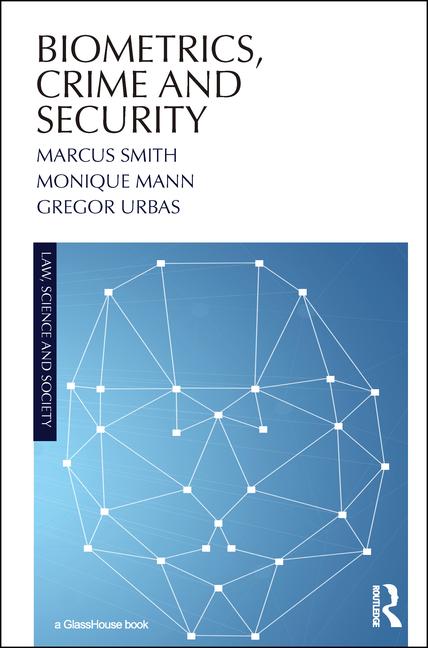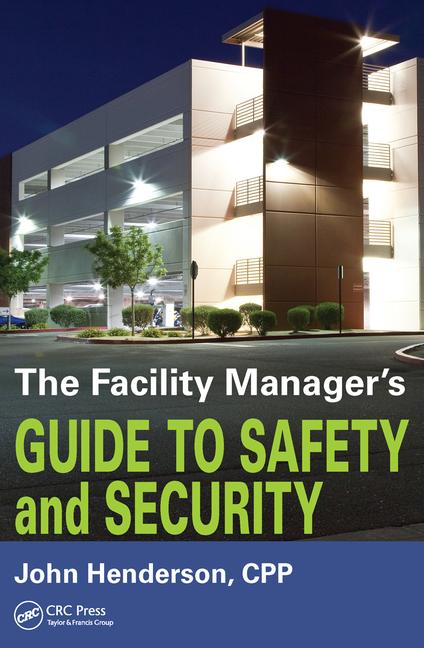A company had purchased and installed a security system equipped with a silent alarm feature that could be triggered by pressing panic buttons throughout the office. An employee who was sexually assaulted and robbed during regular business hours alleged that the employer did not adequately train employees to use the hold-up system.
The employee brought a negligence action against the employer, seeking to recover damages suffered as a result of the assault. The employer filed a motion for summary judgment that was granted by the trial court. The employee appealed.
The employee alleged that the employer owed the employee a non-delegable duty to provide a safe place to work; that the employer was negligent and that the negligence was the proximate cause of the employee’s injuries and that the sexual assault was not only foreseeable but actually foreseen by the employer.
Among other things, the employee argued that the mere act of installing an alarm system itself indicates the employer’s awareness that crimes were occurring in the area.
Employers have a duty to use reasonable care to provide their employees with a reasonably safe place to work.
In response to the argument that the criminal act was foreseeable, the court pointed out that the Supreme Court of Texas has explained that, “Criminal conduct of a specific nature at a particular location is never foreseeable merely because crime is increasingly random and violent and may possibly occur almost anywhere, especially in a large city.â€
A negligence duty as to third-party criminal conduct exists only when the risk of criminal conduct is so great that it is unreasonable and foreseeable. Foreseeability is not determined with hindsight, but rather in light of what the employer knew or should have known before the criminal act occurred.
In the case at hand, the evidence demonstrated that the employer and her other employees were unaware of any prior criminal activity of a similar nature occurring on or near the business premises.
With respect to the argument that the installation of an alarm system itself indicates the employer’s awareness that crimes were occurring in the area, the court found that evidence and argument unpersuasive, because no record existed of any evidence indicating the nature or severity of that assault, or whether it was similar to the assault against the employee.
Installing an alarm system is not proof per se that the employer was aware of any crimes occurring in the area. The employer’s motivation for installing the security system was unclear, although arguably, the employer acted to prevent the possibility of future criminal acts.
The mere act of taking preventive measures to protect against the possibility of future crime is not the same as foreseeing that criminal activity.
To hold otherwise would virtually eliminate the foreseeability requirement for a negligence claim against a person who installs a security system or takes other preventive measures to guard against crime. The trial court judgment, therefore, was affirmed.




